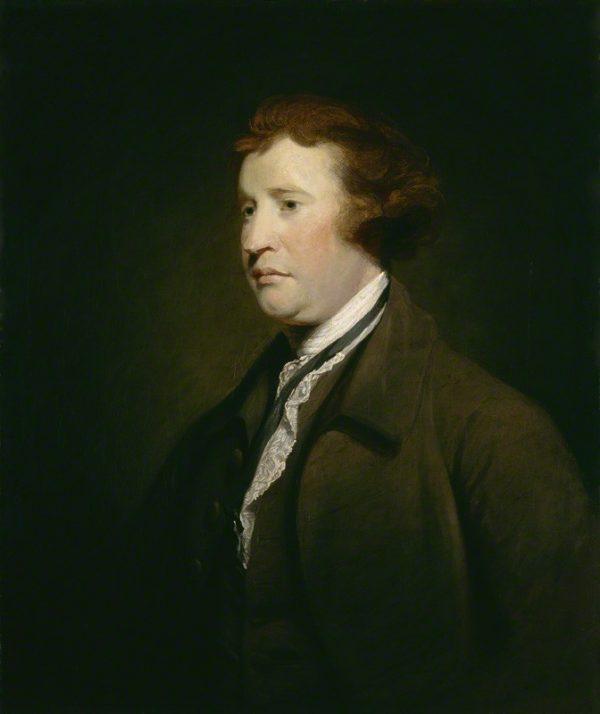Commentary
Burke was born on Jan. 12, 1729, into an Irish Protestant family, but after graduating from Dublin’s Trinity College, in 1748 he moved to England where he spent most of his life. He quickly drew attention to himself with his writings on political topics, and soon acquired powerful friends in the Whig faction. Thanks to these supporters, he entered the House of Commons in 1765, becoming a central figure in Parliament for almost 30 years, until his death in 1797.
There was no topic in British public life in the second half of the 18th century on which Burke did not take a stand. He opposed the government’s uncompromising approach to the complaints of the American colonies, arguing that they be free from external taxation. The colonists were, he said, of English stock and thus naturally resistant to being pushed around. Reconciliation, not force, was in his view the way forward. The government did not heed his advice, however, and the American War of Independence was the result.
Since the reign of Elizabeth I in the 16th century, British Catholics had been under political and religious restrictions. In Burke’s day, Catholics were banned from university (and thus from the legal and medical professions); they could not serve as officers in the armed forces, nor could they vote or hold political office. They had much less secure right to property than Protestants and the open practice of their religion was subject to penalties. Burke opposed these measures so forcibly that he was under threat of violence from Protestant mobs; his house had to be guarded by troops against arsonist rioters.

Painting of Edmund Burke by Sir Joshua Reynolds, circa 1769. Public Domain
“Parliament is not a congress of ambassadors from different and hostile interests; which interests each must maintain, as an agent and advocate, against other agents and advocates; but parliament is a deliberative assembly of one nation, with one interest, that of the whole; … You choose a member indeed; but when you have chosen him, he is not a member of Bristol, but he is a member of parliament.”
Reform was often necessary. “A state without the means of some change is without the means of its conservation,” he said, but revolution—an overturning of long-established institutions in the name of some abstract principle—was dangerously fatal. Political action should be guided by an awareness of unchangeable human nature as expressed in local customs and circumstances rather than sweeping generalizations about rights.
The opponents of Burke’s ideas in the years following his death—the great “isms” of the 19th and 20th century: socialism, feminism, communism, liberalism, etc.—have managed to draw enormous followings, but his thoughts still have their supporters today.
Views expressed in this article are opinions of the author and do not necessarily reflect the views of The Epoch Times.
Source link








































Add comment